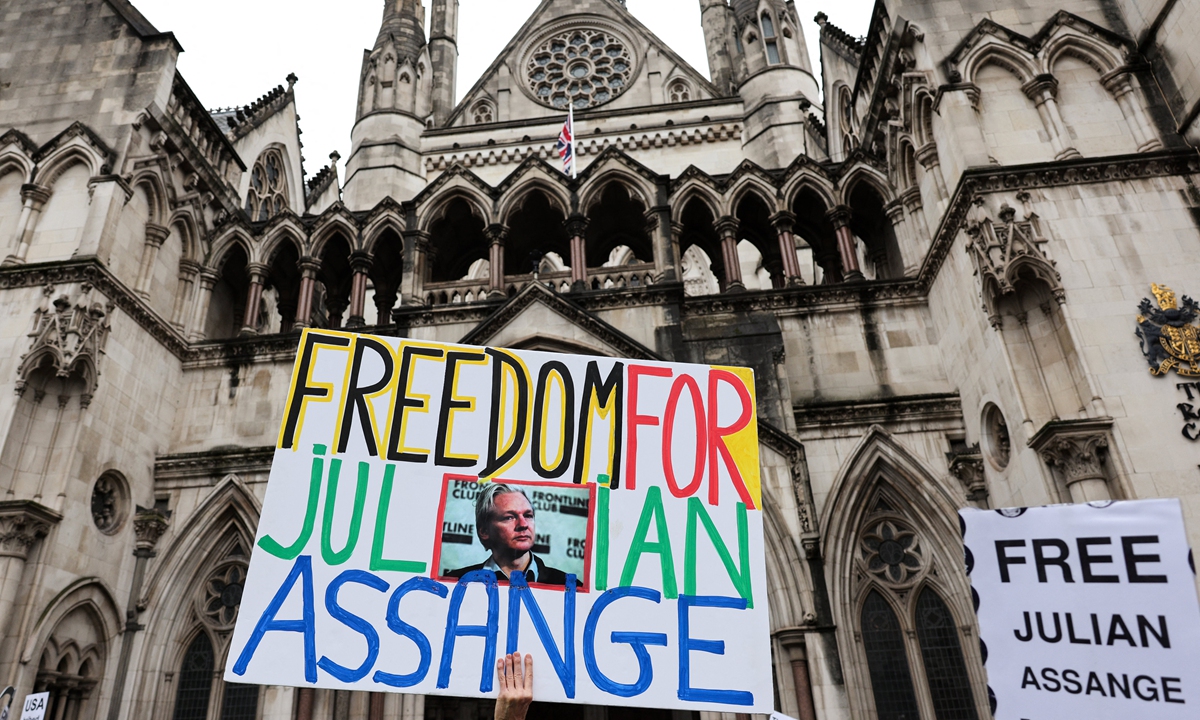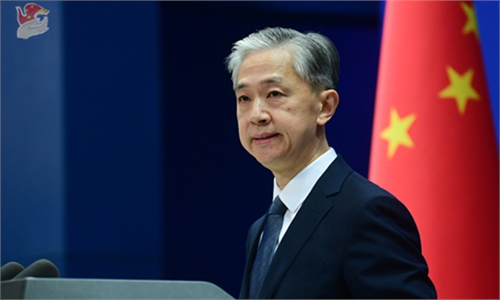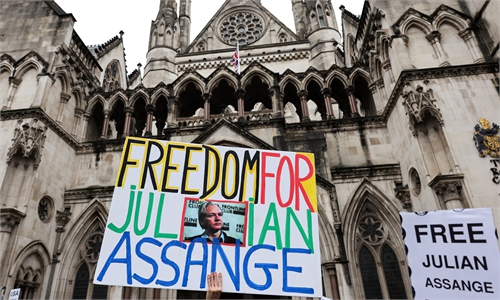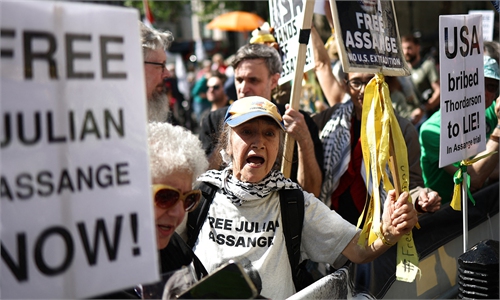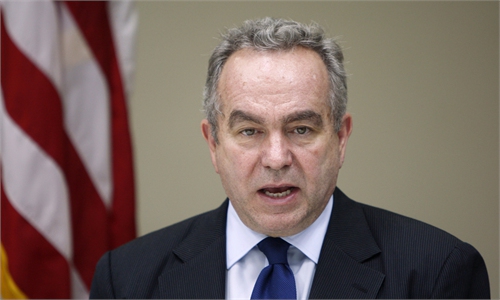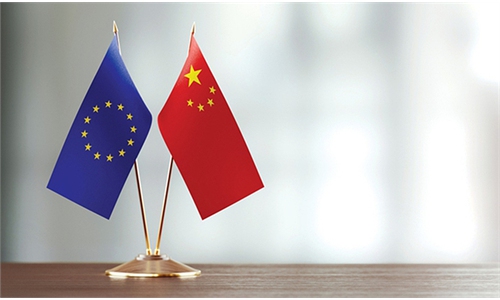Mandatory e-invoice countdown
CYBERJAYA: In just one week, the one-year countdown begins in earnest for all businesses in the country to switch to the mandatory electronic invoicing (e-invoicing) rule.
Ahead of its full rollout on July 1, 2025, the Inland Revenue Board (LHDN) will be officially launching a free software on June 1 to help businesses, both big and small, ease into the system.
LHDN chief executive officer Datuk Abu Tariq Jamaluddin (pic) said businesses could actually already use e-invoicing when the software was made available for free on May 15.
“The free programme will be officially launched on June 1. More than 60 pilot companies and service providers have committed to issuing e-invoices in a production environment by June 30 this year through the MyInvois integration,” Abu Tariq told The Star in a recent interview.
He added that on Aug 1, the first phase of the project will begin with about 5,000 companies, which record annual earnings of RM100mil and above, adopting the use of e-invoices.
The second phase will begin on Jan 1 next year for companies with annual earnings of between RM25mil and RM100mil.
ALSO READ: Give us time to adjust, urge small business
“The final phase is for all businesses or enterprises offering sales or services to come on board with e-invoicing by July 1 next year,” he added.
The gradual move by LHDN, Abu Tariq said, would help in the seamless transition to e-invoicing, while benefiting taxpayers and the board.
“It will also help stem billions in losses due to the shadow economy and is in line with the nation’s digitisation goals by 2030,” he added.
It was previously reported that the nation lost about RM70bil in tax revenue last year due to illegal activities and tax evasion.
Although a recent survey by LHDN showed about 98% of businesses accepting e-invoicing, Abu Tariq acknowledged that there was pushback from certain quarters, particularly small and medium enterprises (SMEs) and hawkers.
Among their concerns was the fine of between RM200 to RM20,000 for each breach of the e-invoicing regulations, he added.
He explained that companies earning less than RM100mil annually need not use e-invoicing this Aug 1 because they do not fall within the category.
“In general, at the initial stage of implementation, there is no need for taxpayers to get an e-invoice as proof of expenditure,” LHDN had said in response to a recent viral post by Datuk Seri Dr Wee Ka Siong.
The MCA president had questioned the manner in which e-invoicing was being “forced upon businesses, particularly petty traders and hawkers”.
Dr Wee, who is the Ayer Hitam MP, also questioned why businesses had to submit 55 data entry points under the system and whether their data was safe from hackers.
LHDN has since clarified that only six out of the 55 data entry points need to be filled up to complete the e-invoice for automatic appraisals.
Abu Tariq explained that e-invoicing can be filed once a month as a “consolidated invoice.”
The consolidated invoice, he said, represents monthly overall sales and services transactions instead of daily individual entries for each sale.
“This will make compliance easier for micro-businesses because they only need to submit their consolidated invoice once a month.”
However, he noted that consumers or buyers have the legal right to demand e-invoicing receipts once the system is fully implemented on July 1 next year.
“Action can be taken against the seller for failing to do so,” he said.
To allay worries, he said LHDN will deal with non-compliance on a case-by-case basis.
Other criticisms cited as impeding the use of the online filing system were the expected rise in operating cost, lack of mobile phone subsidy or aid, and poor signal coverage in rural areas.
Abu Tariq said LHDN is currently in talks with online platform providers providing cashless payment facilities on how best to capture sales transactions through their scanning or QR code systems.
With one year to go before e-invoicing is fully enforced, he said there is ample time for adjustments and improvements.
He also encouraged SMEs, petty traders and hawkers to start using the free e-invoicing software to familiarise themselves with the system and get their books in order by July 1 next year.
A look into the challenges of the new digital system which will be made mandatory in stages from Aug 1.
CYBERJAYA: In just one week, the one-year countdown begins in earnest for all businesses in the country to switch to the mandatory electronic invoicing (e-invoicing) rule.
Ahead of its full rollout on July 1, 2025, the Inland Revenue Board (LHDN) will be officially launching a free software on June 1 to help businesses, both big and small, ease into the system.
“The free programme will be officially launched on June 1. More than 60 pilot companies and service providers have committed to issuing e-invoices in a production environment by June 30 this year through the MyInvois integration,” Abu Tariq told The Star in a recent interview.
He added that on Aug 1, the first phase of the project will begin with about 5,000 companies, which record annual earnings of RM100mil and above, adopting the use of e-invoices.
The second phase will begin on Jan 1 next year for companies with annual earnings of between RM25mil and RM100mil.
ALSO READ: Give us time to adjust, urge small business
“The final phase is for all businesses or enterprises offering sales or services to come on board with e-invoicing by July 1 next year,” he added.
The gradual move by LHDN, Abu Tariq said, would help in the seamless transition to e-invoicing, while benefiting taxpayers and the board.
“It will also help stem billions in losses due to the shadow economy and is in line with the nation’s digitisation goals by 2030,” he added.
It was previously reported that the nation lost about RM70bil in tax revenue last year due to illegal activities and tax evasion.
Although a recent survey by LHDN showed about 98% of businesses accepting e-invoicing, Abu Tariq acknowledged that there was pushback from certain quarters, particularly small and medium enterprises (SMEs) and hawkers.
Among their concerns was the fine of between RM200 to RM20,000 for each breach of the e-invoicing regulations, he added.
He explained that companies earning less than RM100mil annually need not use e-invoicing this Aug 1 because they do not fall within the category.
“In general, at the initial stage of implementation, there is no need for taxpayers to get an e-invoice as proof of expenditure,” LHDN had said in response to a recent viral post by Datuk Seri Dr Wee Ka Siong.
The MCA president had questioned the manner in which e-invoicing was being “forced upon businesses, particularly petty traders and hawkers”.
Dr Wee, who is the Ayer Hitam MP, also questioned why businesses had to submit 55 data entry points under the system and whether their data was safe from hackers.
LHDN has since clarified that only six out of the 55 data entry points need to be filled up to complete the e-invoice for automatic appraisals.
Abu Tariq explained that e-invoicing can be filed once a month as a “consolidated invoice.”
The consolidated invoice, he said, represents monthly overall sales and services transactions instead of daily individual entries for each sale.
“This will make compliance easier for micro-businesses because they only need to submit their consolidated invoice once a month.”
However, he noted that consumers or buyers have the legal right to demand e-invoicing receipts once the system is fully implemented on July 1 next year.
“Action can be taken against the seller for failing to do so,” he said.
To allay worries, he said LHDN will deal with non-compliance on a case-by-case basis.
Other criticisms cited as impeding the use of the online filing system were the expected rise in operating cost, lack of mobile phone subsidy or aid, and poor signal coverage in rural areas.
Abu Tariq said LHDN is currently in talks with online platform providers providing cashless payment facilities on how best to capture sales transactions through their scanning or QR code systems.
With one year to go before e-invoicing is fully enforced, he said there is ample time for adjustments and improvements.
He also encouraged SMEs, petty traders and hawkers to start using the free e-invoicing software to familiarise themselves with the system and get their books in order by July 1 next year.
BY now, most of the business world is aware of the looming deadlines for the implementation of e-invoicing.
The thorny subject tends to elicit groans from company owners and their accountants and administrators.
But as the government is postulating, it is a necessary evil in order to ensure taxes are fully paid.
But then again, is it the only option? Is e-invoicing the best solution to having a more effective tax system?
It does seem that it is going to be a painful, expensive and time-consuming exercise, and hence, does the means justify the end?
In July 2023, the Inland Revenue Board (IRB) issued the first guideline under section 134A of the Income Tax Act 1967 for the implementation of e-invoicing.
Companies with revenues of Rm100mil or more will have to carry out e-invoicing from Aug 1. Those with a turnover of more than Rm25mil will be next, with their deadline being Jan 1, 2025. All companies are to be filing their e-invoices by next July.
Thannees Tax Consulting Services managing director S M Thanneermalai says even though there is about a month left before the first group needs to do the necessary, many of them are unprepared.
“Many companies are waiting to see what will happen to the first batch. The impression that many have is that the e-invoicing deadlines will be postponed, similar to what happened with the low-value goods and high-value goods taxes,” he says.
There are parties who disagree with the idea of e-invoicing, especially in a country which has had a goods and services tax (GST) regime in the past. The GST was introduced in Malaysia in 2015 and abolished in 2018.
Tan Sri Soh Thian Lai of the Federation of Malaysian Manufacturers (FMM) says the GST is the panacea for Malaysia’s debt woes.
“The GST is a timely lifeline for the country’s debt dilemma and a means to shore up adequate fiscal buffers to weather the next economic downturn,” he adds, adding that the problem is that the government lacks the political will to reintroduce the GST.
“The government is focusing on short-term measures rather than doing the right thing for the benefit of the nation in the longer term.
“As the GST is a broad tax base system which would increase indirect taxes, it will also give the government flexibility to reduce direct taxes (personal income and corporate taxes) to make the country a more attractive business destination,” he says.
Soh notes that some companies have voiced their apprehension of e-invoicing, considering the sheer size, volume and complexity of transactions involved.
“These include export and import transactions that require companies to self-bill for overseas purchases. They are also concerned about the readiness of their systems for implementation and compliance with e-invoicing,” Soh says.
So, how complex is e-invoicing going to be? Companies have two ways of digitally filing their invoices to the tax office. One is through the IRB’S own Myinvois Portal. But this means that companies need to manually do it and the understanding is that only companies with a small number of invoices can take this route.
This is why the IRB will be providing all companies with application programming interfaces (APIS), which then will allow companies’ own systems to directly connect with the tax office, thereby automating the submission process.
This will require companies to upgrade their own systems or invest in a new system. “Companies must automate their existing enterprise resource planning (ERP) systems or use a software that can directly speak to the IRB’S Myinvois Portal. Initially, for the first year, it can be a burden to businesses cost-wise, similar to the implementation of the GST back then.
“Companies either have to customise their existing systems (if they are not up to date) or find a suitable middleware. It is going to be expensive,” says Thanneermalai.
He notes that businesses may also need to hire consultants, particularly if they require help to navigate the e-invoicing process and understand the required documentation.
“The IRB can provide assistance, but it is already inundated with many questions, making it challenging for it to address individual concerns comprehensively. Hence, the IRB may offer generic answers which may not hold up during audits, potentially leading to problems in the future,” he says.
However, others do not think that the cost is going to be prohibitive.
Ernst & Young Tax Consultants Sdn Bhd tax managing partner Farah Rosley says the cost for MSMES in gearing up for e-invoicing will not be burdensome, as they can access the Myinvois Portal which is free.
“Larger corporations will typically have the necessary manpower and IT departments to integrate e-invoicing into their existing systems,” she adds. Meanwhile, the government has also announced a tax deduction of up to RM50,000 per year (up to the 2027 year of assess
“The cost for MSMES in gearing up for e-invoicing will not be burdensome, as they can access the Myinvois Portal which is free.”
Related post:




